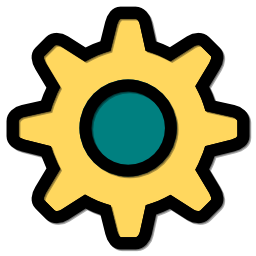These instructions assume that you have sudo rights and that you can execute bash scripts on your machine. You will need to install these programs to follow the instructions to build (and develop) Machinekit organization’s project. These programs were chosen to make the workflow easier and cleaner for the everybody, however if you were to choose to, you don’t neccessarily need them. But support given through Machinekit channels expect you to have these installed.
As a first step make sure you can execute Docker CLI commands by installing Docker. The current steps needed for your platform are published in the official Docker documentation. For the vast majority of cases following the Debian Buster (current Debian stable version) here will be the right one. Make sure you can run Docker commands without the need for sudo command!
Test the installation by running few basic commands:
machinekit@machinekit:~$ docker --version
Docker version 0.0.0-20190727010531-15bdbd76a5, build 15bdbd76a5
machinekit@machinekit:~$ docker run hello-world
Unable to find image 'hello-world:latest' locally
latest: Pulling from library/hello-world
1b930d010525: Pull complete
Digest: sha256:fc6a51919cfeb2e6763f62b6d9e8815acbf7cd2e476ea353743570610737b752
Status: Downloaded newer image for hello-world:latest
Hello from Docker!
This message shows that your installation appears to be working correctly.
To generate this message, Docker took the following steps:
1. The Docker client contacted the Docker daemon.
2. The Docker daemon pulled the "hello-world" image from the Docker Hub.
(amd64)
3. The Docker daemon created a new container from that image which runs the
executable that produces the output you are currently reading.
4. The Docker daemon streamed that output to the Docker client, which sent it
to your terminal.
To try something more ambitious, you can run an Ubuntu container with:
$ docker run -it ubuntu bash
Share images, automate workflows, and more with a free Docker ID:
https://hub.docker.com/
For more examples and ideas, visit:
https://docs.docker.com/get-started/
machinekit@machinekit:~$Then you will need to have installed (and from terminal accessible) git CLI. The current steps needed for your platform are published in the official Git documentation. For Debian system and standard official repository this means running:
sudo apt install gitAfter test that you can successfully use git by running:
machinekit@machinekit:~$ git --version
git version 2.27.0
machinekit@machinekit:~$